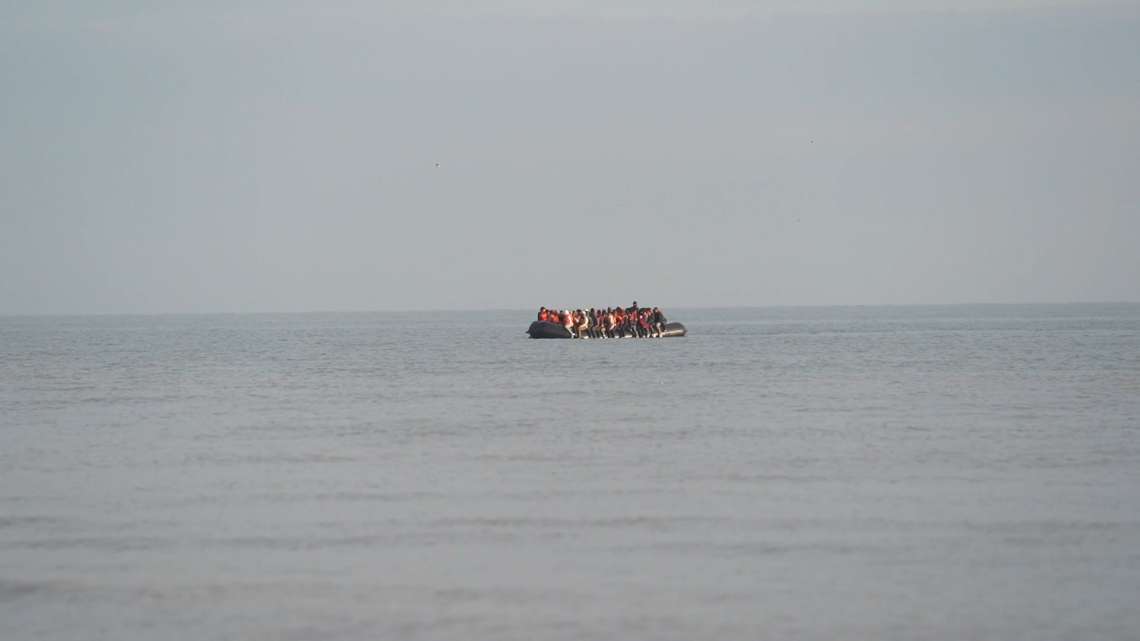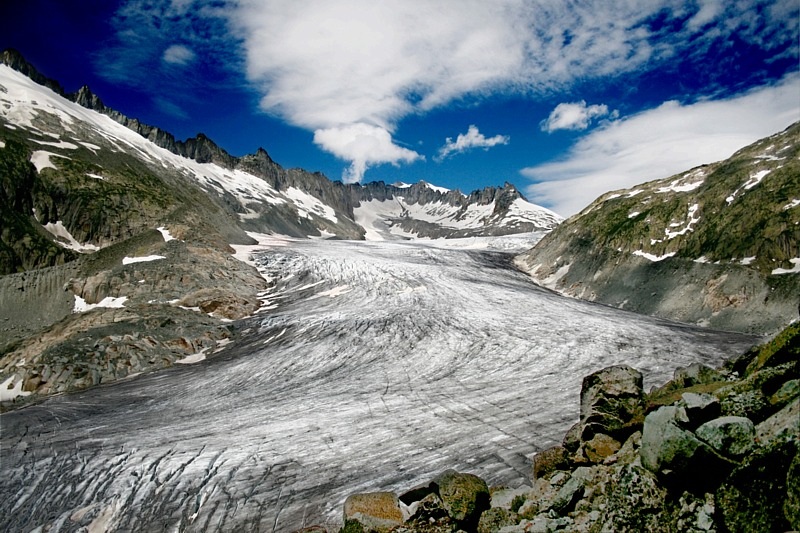As summer unfolds, Europe is bracing for what may be the first of many extreme heatwaves.
Europe braced for its first major heatwave of the northern hemisphere summer on Saturday, with soaring temperatures and red alerts issued across several countries — from Portugal to Italy — as climate change continues to drive more frequent and intense extreme weather events.
In Rome, thermometers were forecast to hit 37°C (99°F), sending tourists and Catholic pilgrims alike scrambling for shade and flocking to the capital’s 2,500 public fountains. The scorching conditions across the Italian peninsula are part of a broader trend that has seen Europe — the world’s fastest-warming continent — repeatedly endure record-breaking summer heatwaves.
In southern France, Marseille braced for near 40°C (104°F) temperatures. In response, city authorities announced that public swimming pools would be free of charge to help residents cope with the Mediterranean heat. Further west, Portugal placed two-thirds of the country on high alert for extreme heat and wildfires, with temperatures expected to soar to 42°C (108°F) in the capital Lisbon.
Even high-profile events weren’t spared. Guests and protesters at Amazon founder Jeff Bezos’s wedding in Venice reportedly struggled under the summer sun on Friday. “I try not to think about it, but I drink a lot of water and never stay still, because that’s when you get sunstroke,” Italian student Sriane Mina told AFPTV at the scene.
Spain, no stranger to climate-related devastation in recent summers, expects wide swathes of the country to see highs above 40°C (104°F) starting Sunday. The country has faced deadly wildfires in recent years, particularly across the Iberian peninsula, a risk that looms large again this season.
In Italy, the cities of Naples and Palermo are forecast to touch 39°C (102°F). In response, Sicily and the northern region of Liguria have banned outdoor work during peak heat hours. Italian trade unions are calling for this restriction to be extended nationwide.
Scientists have consistently linked these heatwaves to human-driven climate change. The EU’s Copernicus Climate Change Service confirmed that Europe recorded its hottest March ever earlier this year. Experts warn that such extreme weather — from floods and hurricanes to droughts and heatwaves — is becoming both more frequent and more destructive.
According to Arab News, the broader impact of climate-linked disasters in 2024 has already been staggering, with global economic losses estimated to exceed $300 billion, making it the costliest year on record.
As Europe heads deeper into summer, the region faces an uncomfortable reality: this wave of extreme heat may be the first — but almost certainly not the last.














